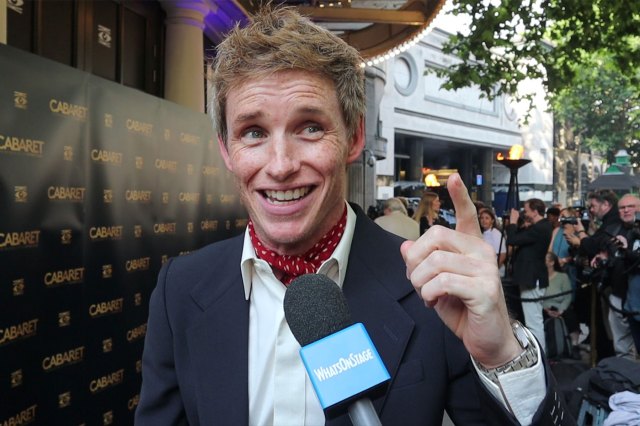Richard III at Shakespeare’s Globe – review
Michelle Terry stars in the new production of the English history play

It is a bold creative choice to cut the line “A horse, a horse, my kingdom for a horse” from Richard III, but it’s far from the most notable decision in Shakespeare’s Globe’s latest staging of Shakespeare’s English history play.
When first announced, with the venue’s artistic director Michelle Terry in the title role, a large group of organisations rallied under the banner of the Disabled Artists Alliance in order to protest against the decision. Terry issued a few rebuttals, stating she would not “alter [her] physicality to explore it. I will not be playing Richard with a visible or physical impairment…the whole play is saturated with ableism that we will address and unpack throughout the process.” Her willingness to articulate her creative vision, especially when faced with incessant and misogynistic online abuse from anonymous parties, is admirable, contributing a variety of important points to an ongoing debate.
As she promised Terry does not, thankfully, adopt a hunched back as some have chosen to do in the past. But the majority of the play’s references to the murderous monarch’s body are removed. By erasing Richard’s disability (perhaps not as depicted in Tudor propaganda, but the skeleton discovered in Leicester in 2012 confirmed the presence of scoliosis) she also leaves the character unreadable and adrift, some jaded jackal in an English court. The bitterness with which Richard’s own mother, the Duchess of York, describes her youngest son as “one false glass / That grieves me when I see my shame in him” doesn’t carry the same weight as it would otherwise.
There is some richness to be found in exploring the ways in which misogyny and tyranny almost always walk hand-in-hand, boosted by the use of an almost all-female or gender-fluid cast, but it often has all the subtlety and nuance of a bejewelled codpiece. A lack of conceptual clarity underpins the entire production. Anachronistic costume choices in act one, deliberately meant to imply a sense of timelessness, instead make the production feel aesthetically inconsistent. An attempt to provide an earnest, optimistic ending through the presence of Henry VII (he himself arguably as much a usurper as Richard) feels tacked on and underwhelming, while the climactic Battle of Bosworth Field is a sudden frenzy with little dramatic oomph.
Perhaps the most radical intervention – lacing Richard’s lines with vile quotes from the 45th president of the United States – is a strange, slightly strong-armed decision: drawing parallels between two bloodthirsty megalomaniacs does indeed highlight the inexorable presence of toxic masculinity throughout history, but little beyond that. One moment – where Richard’s allies stoke the citizens of London to support his claim – could have resonated with scenes from the Capitol building in 2021, but is instead turned into a comedic farce.
Elle While’s staging appears to be an opportunity missed – unable to examine the ways in which masculinity, disability and misogyny interact with one another. One small passage performed in BSL doing little to augment the revival’s occasionally enlightening thesis.
Terry’s innate and well-documented charisma allows her to remain a boisterous, chaotic presence throughout the show. Helen Schlesinger, who always delivers a strong turn at the Globe, is a marvellous conniving Buckingham, a manicured Machiavellian crushed beneath the wheel of fortune. Kibong Tanji’s keenly poised Stanley highlights the perpetual angst faced by those trying to survive (or thrive) under the tyrannical Gloucester, while the company pull off the occasional solid laugh – the Duke of Clarence’s drowning in the vat of apples by some angst-ridden murderers being an unexpected high point.
The production was admittedly not helped by the torrential rain on press night – the exposed groundlings able to sympathise with Clarence as they were drenched by two and a half hours of drizzle. But even the winter of discontent didn’t give way to much illumination.














